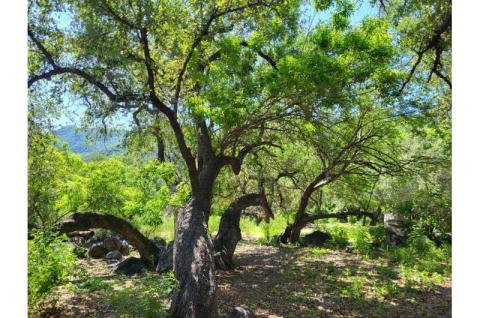
Over a third of threatened or understudied oak tree species in Mesoamerica are not held in managed botanical collections anywhere in the world, and for many species, protection of their native habitats is lacking.
These are among the findings in a new Conservation Gap Analysis of Native Mesoamerican Oaks, published in English and Spanish, which was conducted by researchers at The Morton Arboretum. Researchers stress in the report being released during National Hispanic Heritage Month in the U.S. that it's critically important to conserve these trees now before land-use conversion, climate change and other threats further alter their natural environments. Mesoamerica is the region extending from the U.S.-Mexico border through Panama.
Oaks are valuable keystone species that perform critical ecosystem functions and provide food and habitat for myriad animals.
"Mesoamerica is a global hotspot for oak biodiversity," said report lead author Kate Good, the Arboretum's global tree conservation research program manager. "In the face of climate change and habitat degradation, there is an urgent need to increase the number of Mesoamerican oaks in collections within their native country to help prevent further biodiversity loss."

